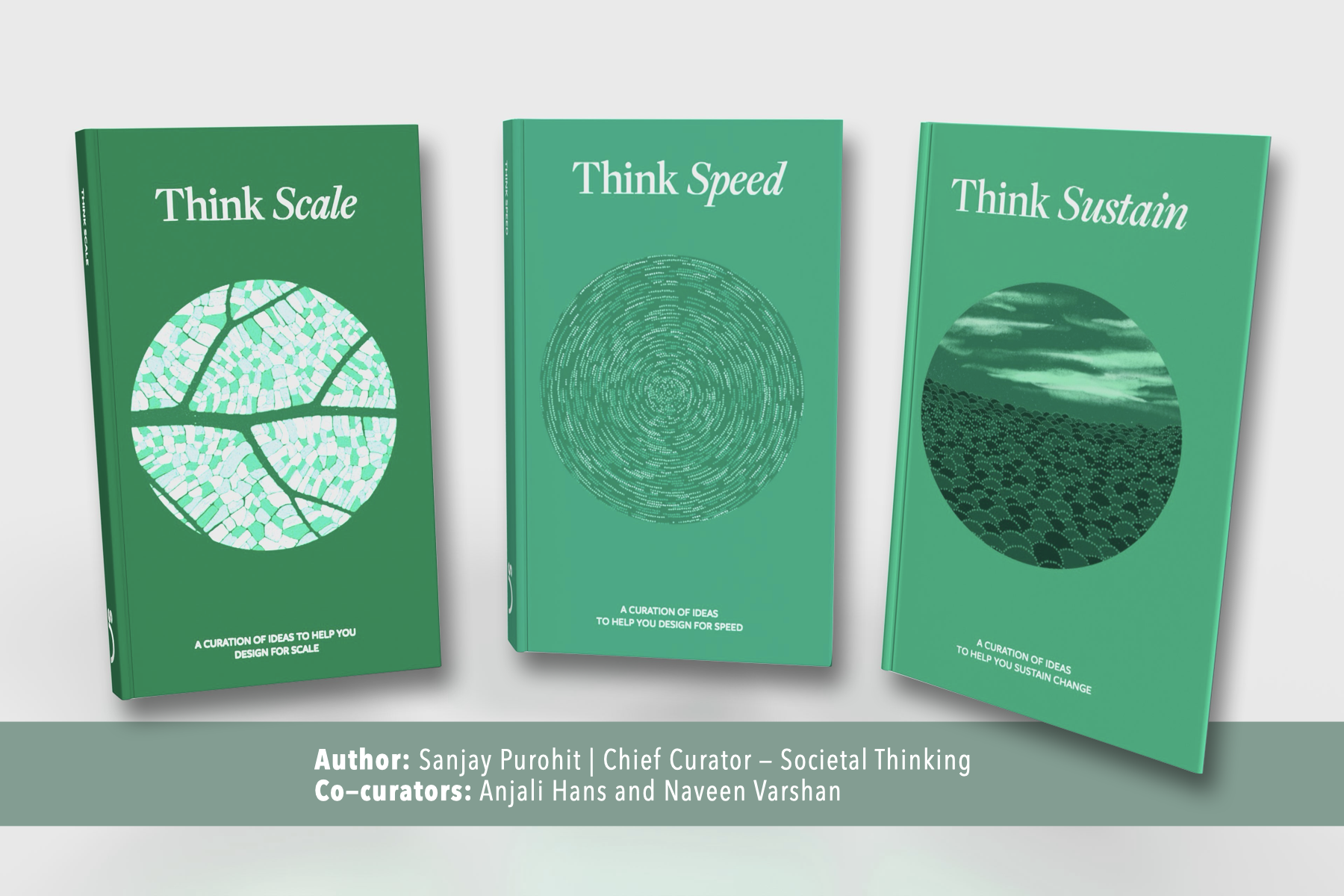It is a truth universally acknowledged that all Indian citizens are unified by a shared experience of interacting with the State (government) — standing in long queues, shuffling between the never-ending lobbies of massive buildings and filling out a mountain of paperwork. Anecdotes we exchange with friends and family all point towards the lapses we witness in governance.
India has been a democratic nation for over seventy years now, and despite the shared frustrations of its citizens, is facing a crisis of governance. What’s even more surprising is that these frustrations exist at a time of unparalleled economic growth in India’s history — alongside stories of efficiency and success. India has consistently conducted smooth elections for millions of voters, eradicated polio, improved tax collection and much more. Why, then, are we struggling to make systems governing health, sanitation and education robust?
After my many years of working in the government and policy, what’s most unsettling is that in every story of administrative dysfunction, there is no systematic investigation by media, politicians, civil society or the bureaucracy itself into why these issues occur. Maybe we take these issues to be so commonplace that it doesn’t strike us to diagnose the causes of failure and attempt to restructure processes to be citizen-friendly. More so, we haven’t yet explored why most efforts at administrative reform over the years have failed to fully achieve what they set out to do.
I have come to realise that this is because we typically think of — and focus our reform efforts on — the state as an institution rather than as an organisation. Douglas North spoke of institutions as setting the rules of the game. While it is an obvious understanding of the Indian State, how far can it take us in translating these rules to practices and processes that touch the lives of citizens?
I believe that improving governance in India rests on reimagining the State as an organisation — thinking about its systems and processes, how it manages data, funds, recruitment, personnel management, and training — and the impact these have on public officials and citizens.
The State as an institution does not delve into what is needed to maintain accountability or the processes that might ensure relevant data is proactively collected and accessible by citizens themselves. This is especially clear in the Right to Information (RTI) Act of 2005. Once we move past the institutional focus, it becomes possible to understand how accountability and governance can together sustain a vibrant democracy. Further, the institutional approach can limit the solutions designed to address India’s governance challenges. It can categorise digital technologies as good or bad instead of a thoughtful consideration of where the State could benefit from adopting digital technologies, how, and what kinds of digital technologies in particular would be most appropriate given institutional responsibilities.
Looking at the state as an organisation — unpacking it into parts and how they interact — can enable us to ask questions such as: What is the outcome the State hopes to achieve, who are the officials whose actions will collectively shape that outcome, and what resources and incentives do each of those officials have? It makes it possible to first identify the constraints that prevent an official from performing their role and then — depending on the diagnosis of the problem — deploy a fitting solution.
References:
- I owe to Devesh Kapur the terminology of ‘institutional’ versus ‘organisational’.
- John, A., Newton-Lewis, T., & Srinivasan, S. 2019. Means, Motives and Opportunity: Determinants of community health worker performance. BMJ Global Health, 4(5), 1–5.
- Kapur, D. 2020. Why Does the Indian State Both Fail and Succeed? Journal of Economic Perspectives, 34(1), 31–54.
- Pritchett, Lant. 2019. “Book Talk on Deals and Development.” Presented at the ESID Conference, 2019, Manchester, United Kingdom, September.
- Snowden, David J. 2015. Keynote: Embrace Complexity, Scale Agility by Dave Snowden. Bangalore, India: Agile India 2015.
Learn more about Societal Thinking here.
 Back
Back


